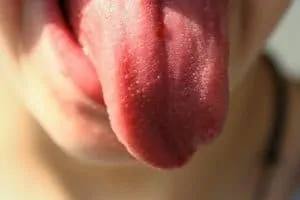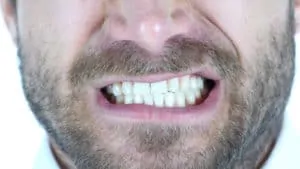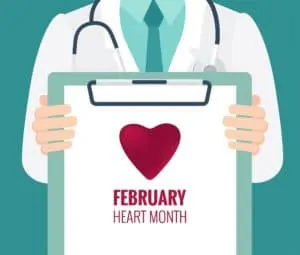
Washes Away Bacteria
Drinking water is one of the best ways to hydrate. It’s also one of the best ways to wash away harmful bacteria, especially during and immediately after eating. Choosing water as your beverage of choice helps rinse away food particles that otherwise would break down and feed mouth bacteria. As bacteria feed, they release an acidic byproduct that can easily attack and wear away tooth enamel, leaving teeth at increased risk for decay.
Protects Against Dry Mouth
A hydrated mouth is a healthy mouth, but a dehydrated mouth is more likely to feel super dry and uncomfortable. This is appropriately known as dry mouth, and while it seems harmless, your dentist in Asheboro knows differently. Dry mouth can occur from not drinking enough water, some medications, and breathing through your mouth. While the last two causes are a little bit more difficult to treat, drinking enough water is always a good place to start. You see, when a mouth is dry, it provides an ideal environment for bacteria to stick around. And as we mentioned above, the longer bacteria linger, the more acid they produce, and the more likely your teeth will be attacked. When it comes to oral health, saliva is your mouth’s best friend. Drinking plenty of water throughout the day helps increase saliva production and protect your mouth around the clock.
Strengthens Enamel
Drinking water is always recommended, but drinking fluoridated water packs a double punch. Fluoride is a mineral that’s naturally found in some foods that helps remineralize enamel, making it stronger, tougher, and harder for acids to attack. Fluoride has been added to many community water supplies, so whenever possible, it’s best to drink water from the tap as opposed to bottled water. Fluoride can also be obtained by drinking some store-bought beverages that have added fluoride such as orange juice, by brushing with fluoridated toothpaste, or by talking with your dentist about adding fluoride treatments at your bi-annual dental appointments.
There’s No Sugar — And No Calories!
Another side benefit to water, and one of the top reasons your dentist in Asheboro loves it so much, is that it contains no sugars or calories. That means you can quench your thirst without the damaging side effects of sugar found in sports drinks, soda, and even fruit juice. Drinking enough water throughout the day may also help with weight loss or maintaining weight.
This summer, and every season, keep your body and your mouth property hydrated by aiming to drink at least eight, 8-ounce glasses of water every day. To further protect your oral health, make sure to brush and floss regularly, and see your dentist every six months.



 As we all know, recently everyone’s life has quickly changed, and we’re all experiencing a temporary new normal. But with change and uncertainty also comes quite a bit of stress. Your dentist in Asheboro understands, and we’re with you. While we’re sure that trying your best to avoid getting stressed out is probably high on your priority list, taking care of your oral health may not be. That’s where we come in. Because, in fact, minimizing stress can also help protect your mouth.
As we all know, recently everyone’s life has quickly changed, and we’re all experiencing a temporary new normal. But with change and uncertainty also comes quite a bit of stress. Your dentist in Asheboro understands, and we’re with you. While we’re sure that trying your best to avoid getting stressed out is probably high on your priority list, taking care of your oral health may not be. That’s where we come in. Because, in fact, minimizing stress can also help protect your mouth. Nobody wants to experience a dental emergency, and that may be more true now than ever before thanks to all of the confusion and uncertainty surrounding COVID-19 and dental care. Don’t worry, your dentist in
Nobody wants to experience a dental emergency, and that may be more true now than ever before thanks to all of the confusion and uncertainty surrounding COVID-19 and dental care. Don’t worry, your dentist in  If you’ve ever had a dental procedure such as a filling or root canal, chances are you’ve experienced the odd sensation of novocaine numbness. While novocaine can help you not feel anything during treatment, the side effects can be annoying. But just how long do you have to deal with not being able to feel your face? Your dentist in
If you’ve ever had a dental procedure such as a filling or root canal, chances are you’ve experienced the odd sensation of novocaine numbness. While novocaine can help you not feel anything during treatment, the side effects can be annoying. But just how long do you have to deal with not being able to feel your face? Your dentist in 








